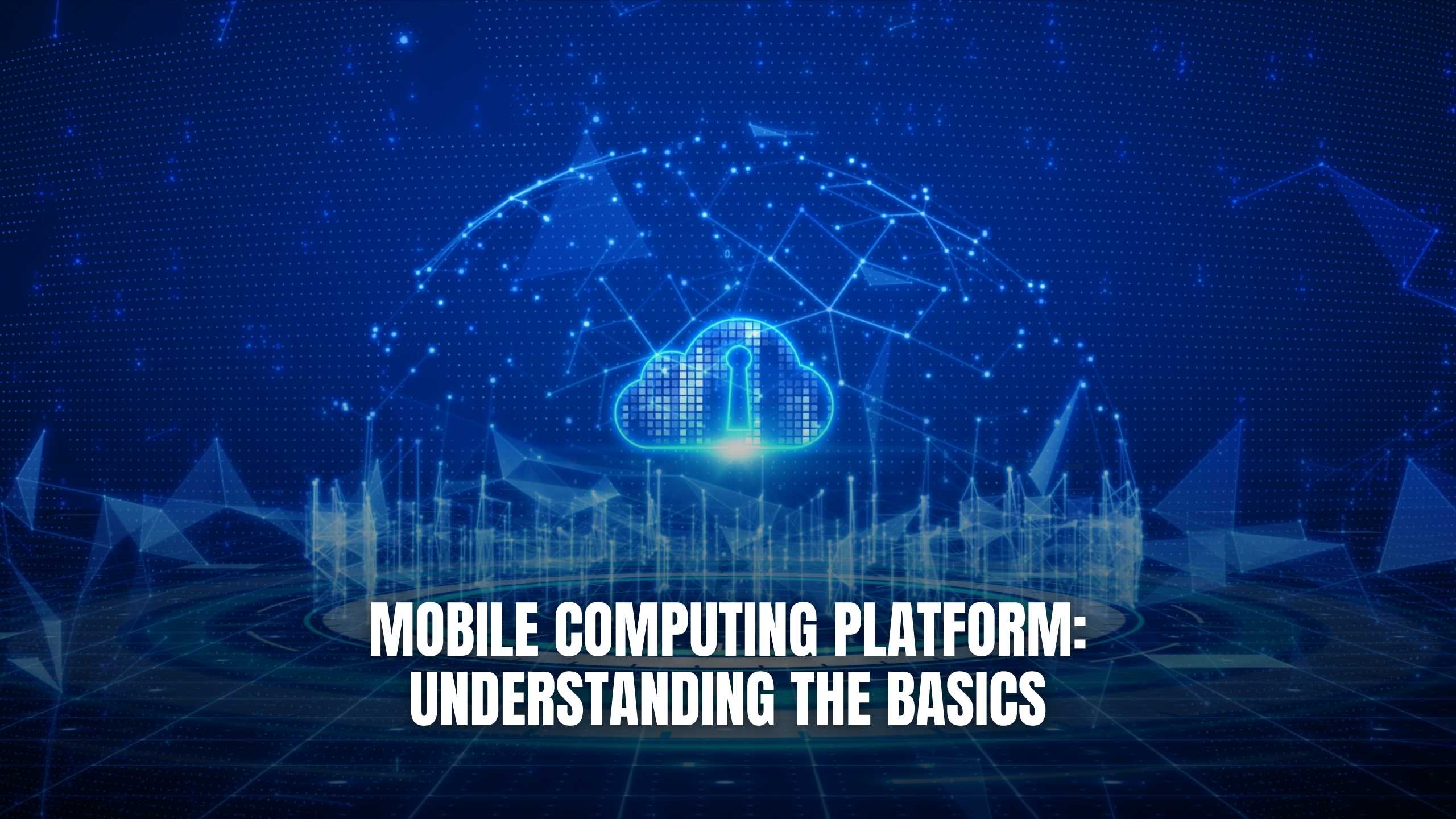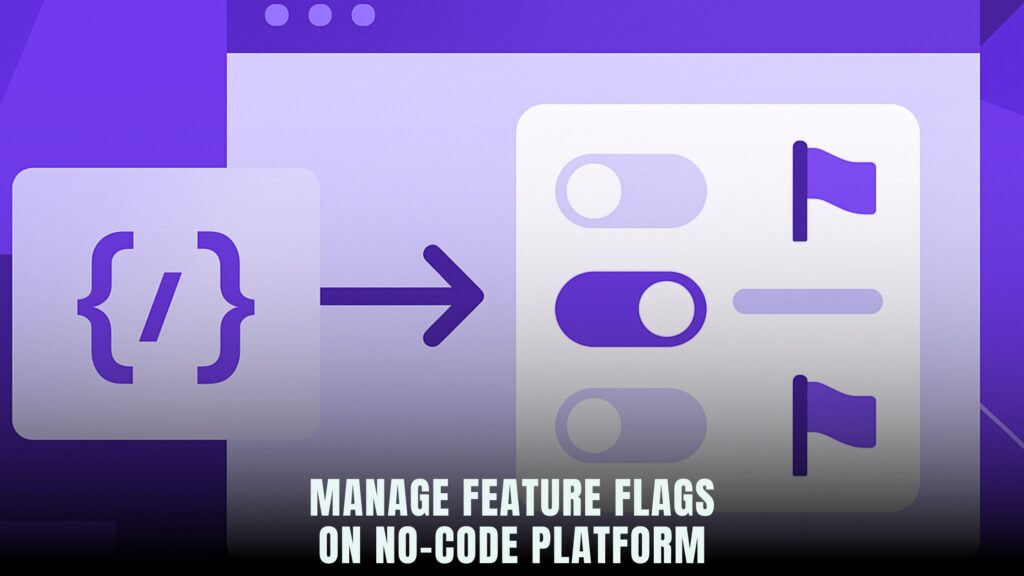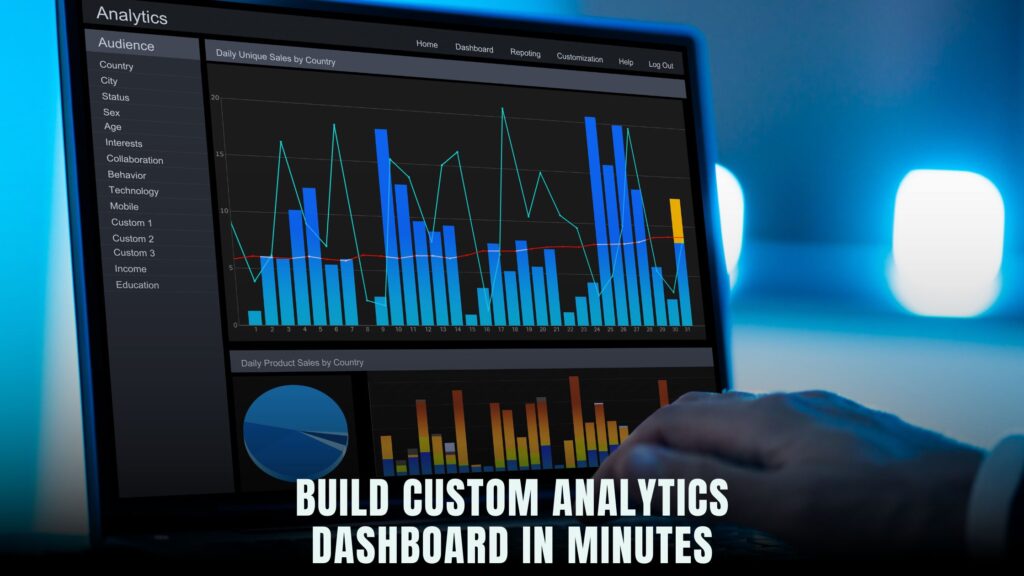Mobile Computing Platform: Understanding the Basics
- WebOps Platforms Bug Tracking & Feedback Software Web Development & Design


Mobile Computing Platform: Understanding the Basics
Mobile computing platforms have become ubiquitous in our daily lives, powering the smartphones and tablets that keep us connected and productive. In this blog, we will delve into the basics of mobile computing platforms, exploring their functionalities and significance in the digital landscape.
1. Definition of Mobile Computing Platform
A mobile computing platform refers to the hardware and software infrastructure that enables mobile devices to perform various tasks. These platforms include operating systems like Android and iOS, along with the associated application ecosystems. These ecosystems foster a diverse range of applications, from social media to productivity tools, providing users with a rich and dynamic experience tailored to their needs.
2. Key Components and Features
Hardware Components:
Mobile computing platforms consist of essential hardware components such as processors, memory, storage, and sensors. These components work seamlessly to provide users with a responsive and feature-rich experience. For instance, the integration of advanced sensors, including accelerometers and gyroscopes, enhances the user experience by enabling functionalities like screen rotation and motion sensing.
Software Components:
The operating system is the backbone of any mobile computing platform. It manages hardware resources, supports applications, and ensures a cohesive user interface. Android and iOS are two prominent examples, each offering a unique set of features. The app ecosystems within these platforms, such as the Google Play Store and Apple App Store, contribute to the versatility of mobile devices, allowing users to personalize their experience with a vast selection of apps.
3. Applications and Use Cases
Mobile computing platforms support a vast array of applications, ranging from communication tools to productivity apps and entertainment services. These platforms empower users to perform tasks on the go, revolutionizing the way we work and interact with digital content. Additionally, the widespread availability of mobile applications has transformed industries, from healthcare to education, by providing innovative solutions and enhancing accessibility.
4. Relevance in Today’s Digital Landscape
As the world increasingly relies on mobile devices, understanding the basics of mobile computing platforms is crucial. They drive innovation, connecting individuals and businesses, and shaping the future of technology. The continuous advancements in mobile computing technologies, such as 5G connectivity and augmented reality, further underscore the relevance of these platforms in our evolving digital landscape.
Relevant SaaS Products:
- Monday.com: Streamline project management on mobile devices, enhancing collaboration and productivity for teams on the go. With features like real-time updates and mobile notifications, Monday.com ensures teams stay connected and informed, driving efficiency in mobile work environments.
- Zoom: Facilitate mobile-friendly virtual meetings and communication with Zoom, ensuring seamless connectivity for remote teams. Zoom’s mobile app enables users to join meetings on the move, fostering flexibility and effective communication.
- Slack: Stay connected and collaborate effortlessly on mobile with Slack, a communication platform designed for efficient teamwork. The mobile app allows users to stay engaged with team conversations, share files, and receive important notifications in real-time.
- Trello: Manage tasks and projects on the move using Trello’s mobile-friendly interface, offering a visual and intuitive project management solution. With mobile access to boards, cards, and checklists, Trello ensures users can stay organized and productive wherever they are.
- Salesforce: Access customer relationship management tools on mobile devices with Salesforce, empowering sales and service professionals to stay productive anywhere. The Salesforce mobile app provides a seamless experience for managing customer interactions, ensuring teams can deliver exceptional service on the go.
Conclusion
In conclusion, a solid understanding of mobile computing platforms is essential for anyone navigating the digital landscape. From hardware components to applications and use cases, these platforms shape the way we interact with technology on a daily basis. Embracing the evolving capabilities of mobile computing opens up new possibilities for innovation and efficiency across various sectors.
Revolutionize Your SaaS Stack with Subscribed.fyi!
Ready to optimize your SaaS subscriptions and enhance your mobile computing experience? Subscribed.fyi is the all-in-one solution for freelancers and small teams. Sign up for free to unlock secret deals on essential SaaS tools, managing your subscriptions effortlessly and saving big on your digital journey. Take control of your SaaS stack with Subscribed.fyi, empowering you to make informed decisions and stay ahead in the dynamic world of digital tools.
Relevant Links:
Other articles


Web Development and Design Tools, Website Builder
How to Generate Blog Post Ideas with Horizons’ AI?


Web Development and Design Tools, Website Builder









